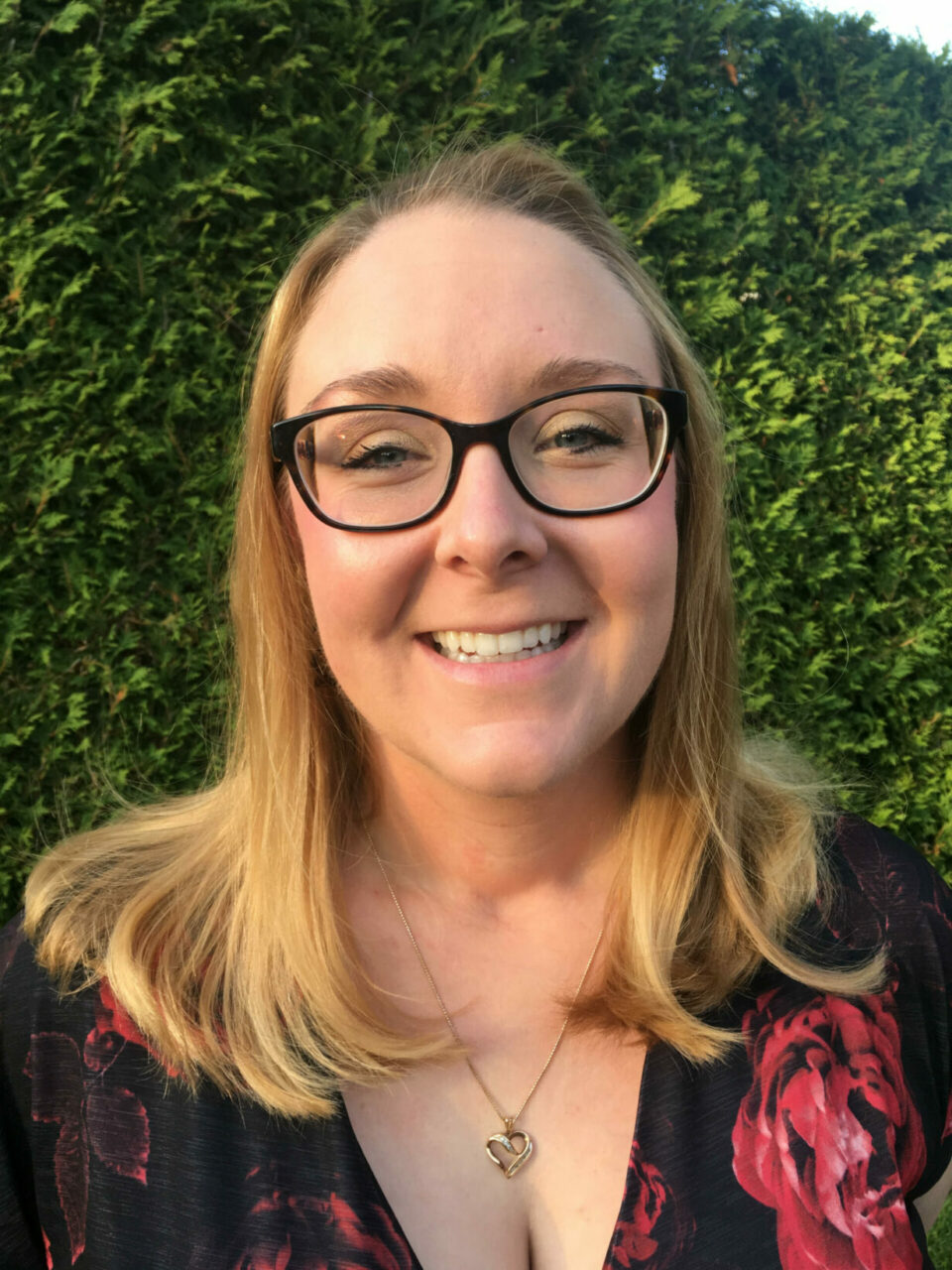Dr. Maureen McKeague and her team of researchers are making strides in developing safe, effective therapies for leukemia patients.
“I’ve always found it beautiful to understand nature at a small, precise level,” says Dr. Maureen McKeague, a joint appointee at McGill University between the Department of Pharmacology and Therapeutics within the Faculty of Medicine and Health Sciences and the Department of Chemistry within the Faculty of Science. “There’s nothing that compares to the experience of building molecules and understanding how they work.”
Jointly funded by the John R. Evans Leaders Fund (JELF) grant from the Canada Foundation for Innovation (CFI), as well as a Canada Research Chair (CRC) Tier 2, Dr. McKeague is harnessing her passion for discovery to reach a new understanding of cancer resistance and therapeutics.
Dr. McKeague’s current research direction builds upon years of exploration at the intersection of pharmacology and biochemistry. As an undergraduate student, she abandoned her plans to pursue medical school soon after she stepped into a chemistry lab for the first time. “I knew I was meant for research,” she remembers.
For her PhD thesis in Chemistry at Carleton University, Dr. McKeague focused on using DNA as a new tool to detect common toxins in food supplies that correlate to higher levels of cancer and liver and kidney problems. “Essentially, I synthesized single strands of DNA to bind with toxins that light up so that we can recognize crops that are contaminated,” she explains.
As a postdoctoral student at Stanford University, Dr. McKeague worked with a team to encode RNA technology to switch specific genes on and off inside cells. She later spent two years conducting research in Zurich to explore applications of nucleic acids in human toxicology.
On the way to Zurich, she stopped at a conference in Paris, where she met Dr. Hanadi Sleiman, a Professor in the Department of Chemistry at McGill. “Hanadi told me about a unique position that combines pharmacology with chemistry, and the rest is history,” says Dr. McKeague. “Joining the faculty at McGill gave me a rare opportunity to bring together all the facets of my research.”
While Dr. McKeague previously applied her research to environmental toxins, she turned her lens onto pharmaceutical drugs upon joining the Faculty of Medicine and Health Sciences. For the past year, the McKeague Lab has undertaken a number of chemistry and pharmacology projects under the umbrella of the CFI-JELF grant and Canada Research Chair, which provide a combined total of $1 million in funding over the next five years. “It was a tremendous honour to be recognized as an emerging international expert in my field and receive support for salary, student stipends and equipment,” she says.
Specifically, the McKeague lab is working to define the basis of resistance to cancer therapeutics with the goal of developing novel treatments for leukemia. Since the 1940s, frontline treatment for leukemia has included the use of drugs called nitrogen mustards. “These drugs are intended to inhibit cancer cell growth by causing massive DNA damage,” explains Dr. McKeague. “Unfortunately, patients experience intense side effects, and there is considerable treatment resistance and relapse.”
Recently, her laboratory broke new ground in developing a sophisticated method to sequence DNA damage in the cancer genome and characterize this damage with real-time fluorescence monitoring. “As a result, we can begin to identify patterns that predict drug resistance,” she says. “COVID-19 slowed us down for a time, but we’re still making steady progress. We’re excited to have a new method for sequencing DNA damage patterns in cell models that represent resistance.” Ultimately, Dr. McKeague aims to apply her research to real leukemia patients. “If we can identify resistance patterns, we can develop personalized drugs that rival standard treatments in terms of safety, effectiveness, and prevalence of side effects,” she believes.
Two years into her time at McGill, Dr. McKeague expresses gratitude for the supportive environment she has encountered. “From the moment I arrived, I was presented with countless opportunities for collaboration and access to grant funding,” she affirms. “I feel fortunate to be part of a community that truly prioritizes excellence in research. This is my dream job—there’s no doubt about that.”
September 10, 2020

